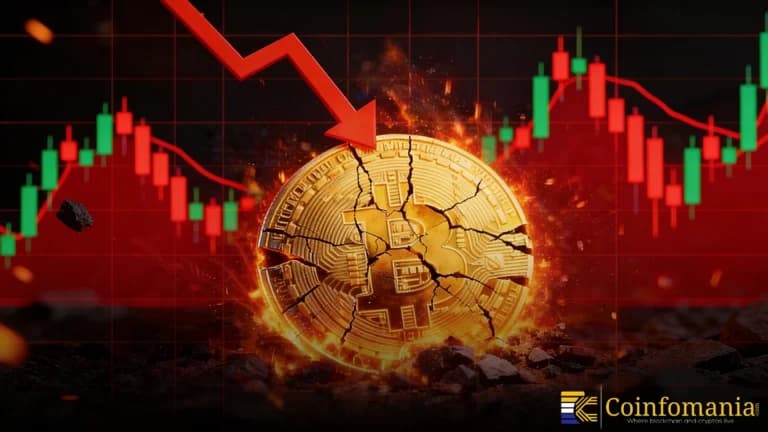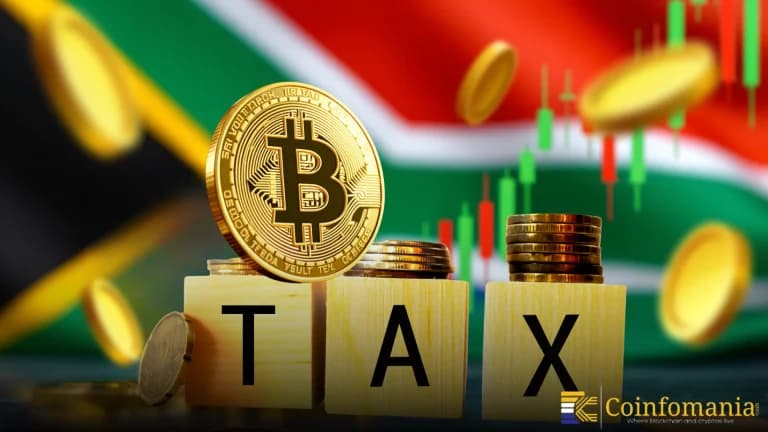India’s Zambia Move May Boost Crypto Mining, EV Supply Chains
India intensifies its hunt for critical minerals by sending geologists to Zambia, with potential implications for the global EV supply chain.

Quick Take
Summary is AI generated, newsroom reviewed.
India sends geologists to Zambia to scout copper and cobalt, eyeing energy security and EV supply chain independence.
Copper and cobalt are key to crypto mining hardware and battery tech.
The move may support India’s broader de-dollarization and digital asset strategies.
India has sent a team of geologists to Zambia to survey local copper and cobalt reserves on July 1. The move is part of India’s broader strategy to secure its supply of critical minerals and resources. These are becoming increasingly essential for electric vehicle batteries, clean energy systems, and modern infrastructure. Government officials say the trip reflects India’s push to reduce dependence on China and third-party intermediaries in Africa. The mission is being led by the Ministry of Mines and coordinated through Khanij Bidesh India Ltd (KABIL). It’s a recently formed state-run company tasked with scouting overseas mineral assets. The team’s goal is to evaluate both the scale and commercial viability of Zambia’s mineral deposits.
India’s Push for Mineral Independence
India’s pivot to securing the raw material supply lines comes as part of its 2023 Critical Minerals Policy. That aims to ensure long-term domestic access to materials essential for the energy transition. Zambia is emerging as a key partner in this mission. The African nation produces over 70% of Africa’s copper and boasts significant cobalt deposits, which are increasingly sought after by countries building EV supply chains and battery factories. KABIL, jointly owned by National Aluminium Co., Hindustan Copper, and Mineral Exploration Corp. It has already signed multiple MoUs with governments in Africa and Latin America. The current geological team’s visit to Zambia is part of a broader scouting program across several mineral-rich countries.
Why Copper and Cobalt Matter for Crypto
Beyond their central role in EVs and renewables, copper and cobalt also have strong links to the crypto industry. Copper is used in data center wiring and cooling infrastructure, including for Bitcoin and blockchain operations. While cobalt is essential in lithium-ion batteries powering off-grid mining rigs. An increase in a secure, diversified supply of these minerals may lower long-term costs for crypto hardware. That improves the sustainability of mining operations, especially in emerging markets exploring alternative energy. With Africa increasingly eyed for low-cost and geopolitical access to copper and cobalt adds strategic depth.
De-Dollarization and Energy Sovereignty
India’s move into African mineral markets also has broader implications for energy sovereignty. As countries like India and China reduce their dollar-denominated import dependencies. They simultaneously strengthen their ability to engage in cross-border trade using alternative payment systems. For example, India’s access to raw materials from friendly countries could eventually support the creation of rupee-based smart contracts. It’s a long game, but every step toward diversified control of critical assets tightens the loop between geopolitics, minerals, and digital finance.
Crypto Market Watching Resource Moves Closely
The crypto market has historically responded to geopolitical moves in the commodities sector. In past cycles, constraints in energy and minerals have triggered spikes in crypto asset valuations. It is driven by investor demand for uncorrelated, hedge-like assets. If India succeeds in developing its strategic mineral corridor, it could serve as a foundation for a cleaner, more decentralized infrastructure. This potentially encourages the buildout of sovereign mining facilities powered by local green grids.
Follow us on Google News
Get the latest crypto insights and updates.


